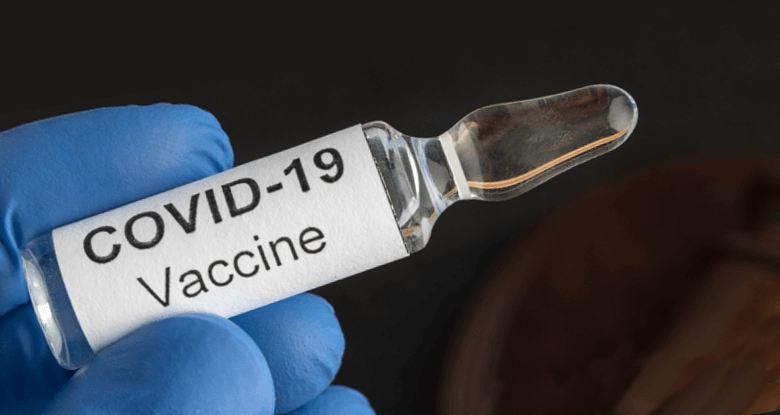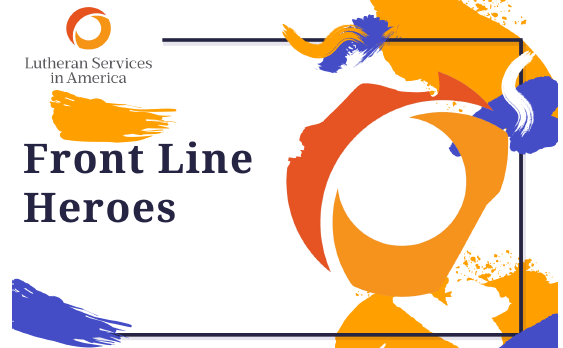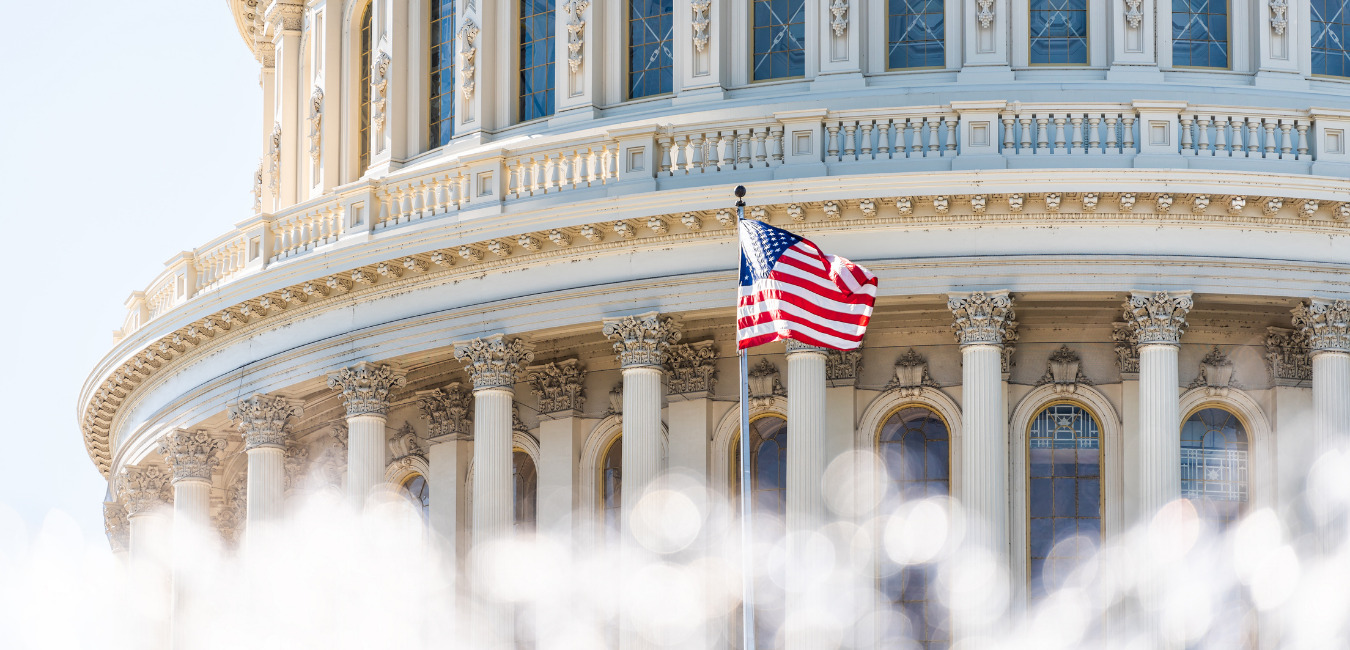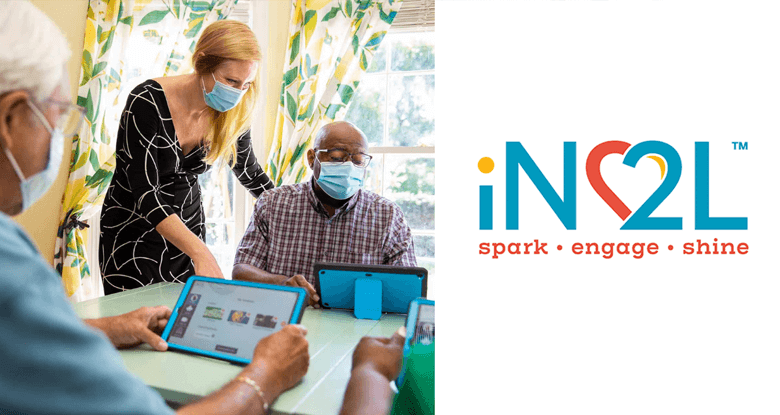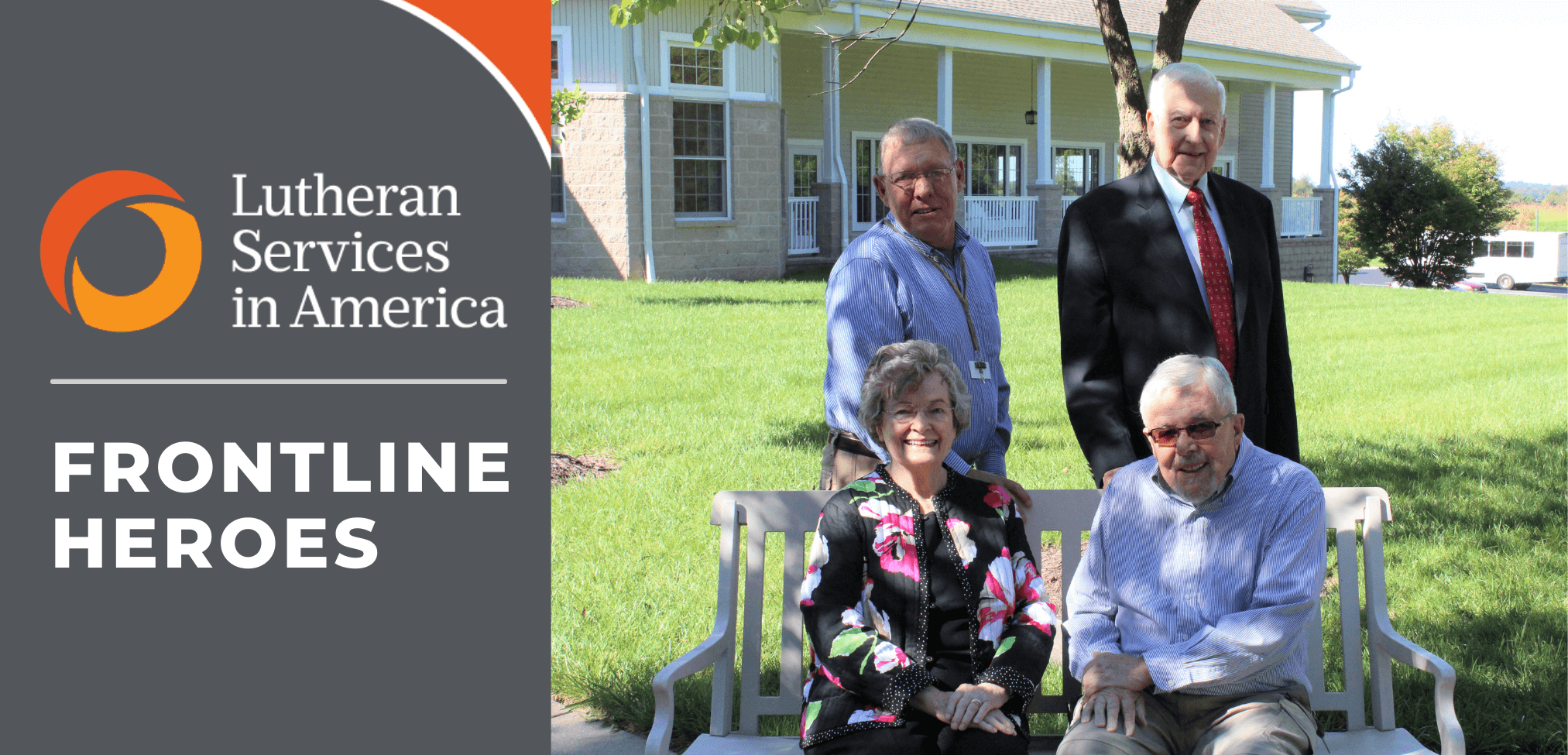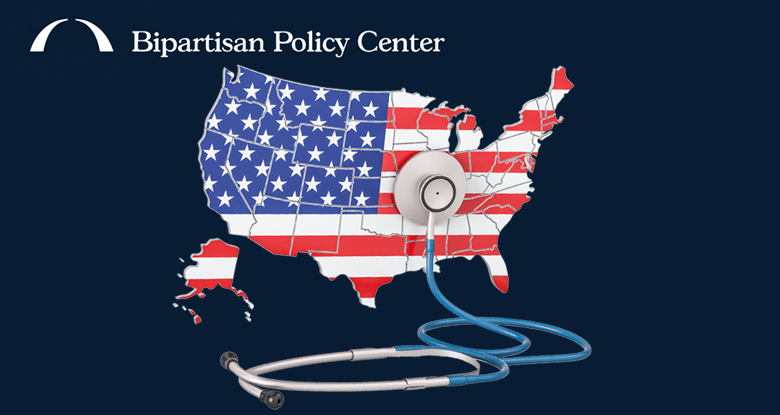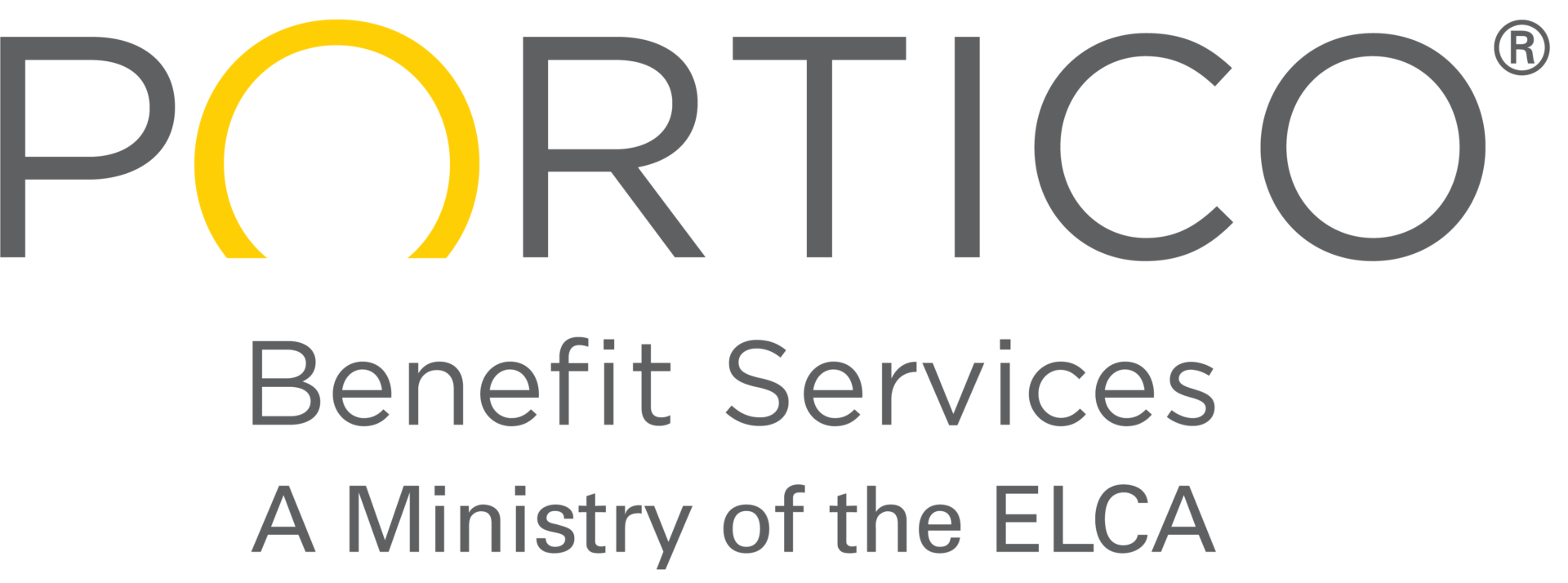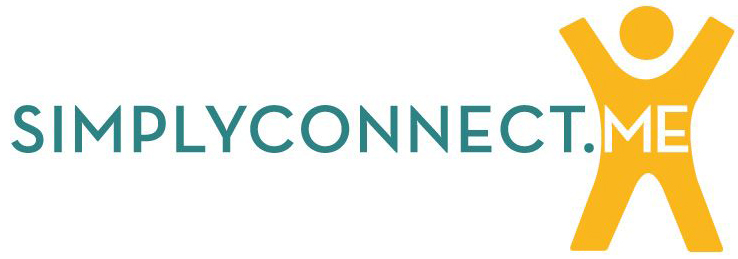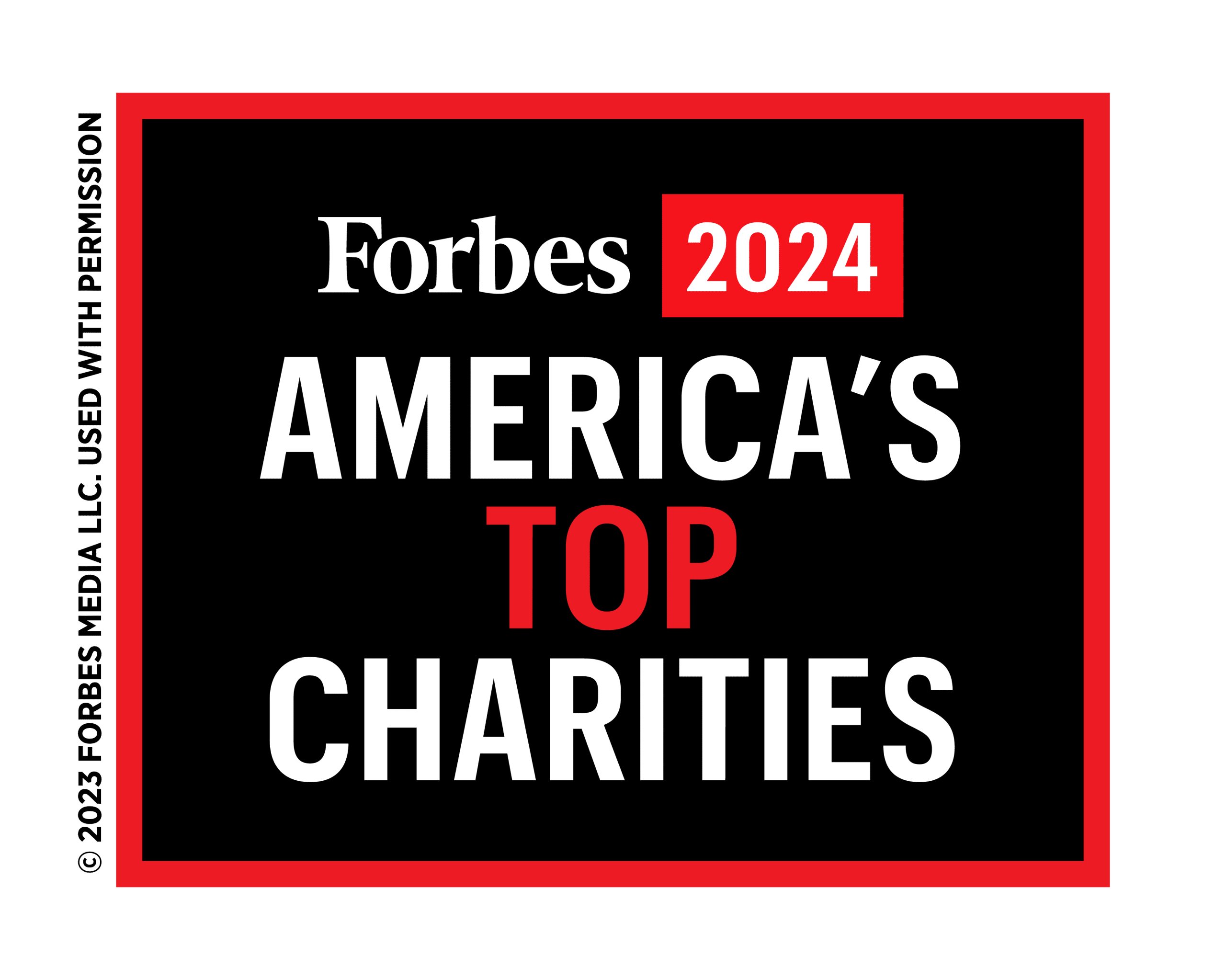The U.S. Department of Health and Human Services (HHS) has announced $25.5 billion in new funding for health care providers impacted by the COVID-19 pandemic. This includes $17 billion in Provider Relief Fund Phase 4 funding for providers who have experienced changes in operating revenues and expenses, as well as $8.5 billion in American Rescue Plan Rural funding for providers who provide Medicare, Medicaid, or Children’s Health Insurance Program (CHIP) services to rural beneficiaries.
PRF Phase 4 payments will be based on providers’ lost revenues and expenditures between July 1, 2020, and March 31, 2021. ARP rural payments will be made to providers based on the amount of Medicaid, CHIP and/or Medicare services they provide to patients who live in rural areas as defined by the HHS Federal Office of Rural Health Policy.
Providers may apply for both programs via a single application on the Provider Relief Fund Application and Attestation Portal through the final deadline of October 26, 2021.
- Eligibility:
- PRF: Providers or suppliers who bill Medicare fee-for-service (Parts A and/or B) or Medicare Advantage, Medicaid (fee-for service or managed care) or CHIP
- Phase 4 will also include new elements specifically focused on equity, including reimbursing smaller providers for their changes in operating revenues and expenses at a higher rate compared to larger providers, and bonus payments based on the amount of services providers furnish to Medicaid/CHIP and Medicare patient.
- Rural payments: Providers who serve Medicaid, CHIP, and Medicare patients who live in rural communities are eligible for the ARP Rural payments
- HRSA will price payments at the generally higher Medicare rates for Medicaid/CHIP patients.
- PRF: Providers or suppliers who bill Medicare fee-for-service (Parts A and/or B) or Medicare Advantage, Medicaid (fee-for service or managed care) or CHIP
- Required documentation:
- Applicant TIN and TINs for any subsidiaries included in the applicant TINs IRS tax filing.
- Internally-generated financial statements that substantiate operating revenues and expenses from patient care in 2019 Q1, Q3, and Q4; 2020 Q3 and Q4; and 2021 Q1.
- Form 990
More information is available from HRSA.
